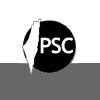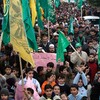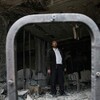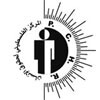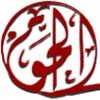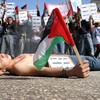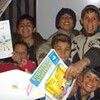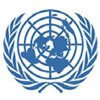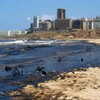
Long-term environmental challenges ahead
8 February 2007
Seven months after Israel bombed the coastal Jiyyeh power plant in the south of Beirut, the Mediterranean Sea still spews oil onto Lebanon’s shores, and beach sand shifts to reveal oil slicks that could not be detected before, fishermen say. With sparkling waves licking the golden sands, Jiyyeh beach looks pristine at first glance. But fisherman Ahmad Kojok stoops and pulls up the corner of a black slab in the sea. It is solid oil.
“We found another huge patch of oil over there,” said Kojok, waving towards a patch of sea by a rocky shelf that juts out into the bay. “It’s all oil just there.” Read more about Long-term environmental challenges ahead
